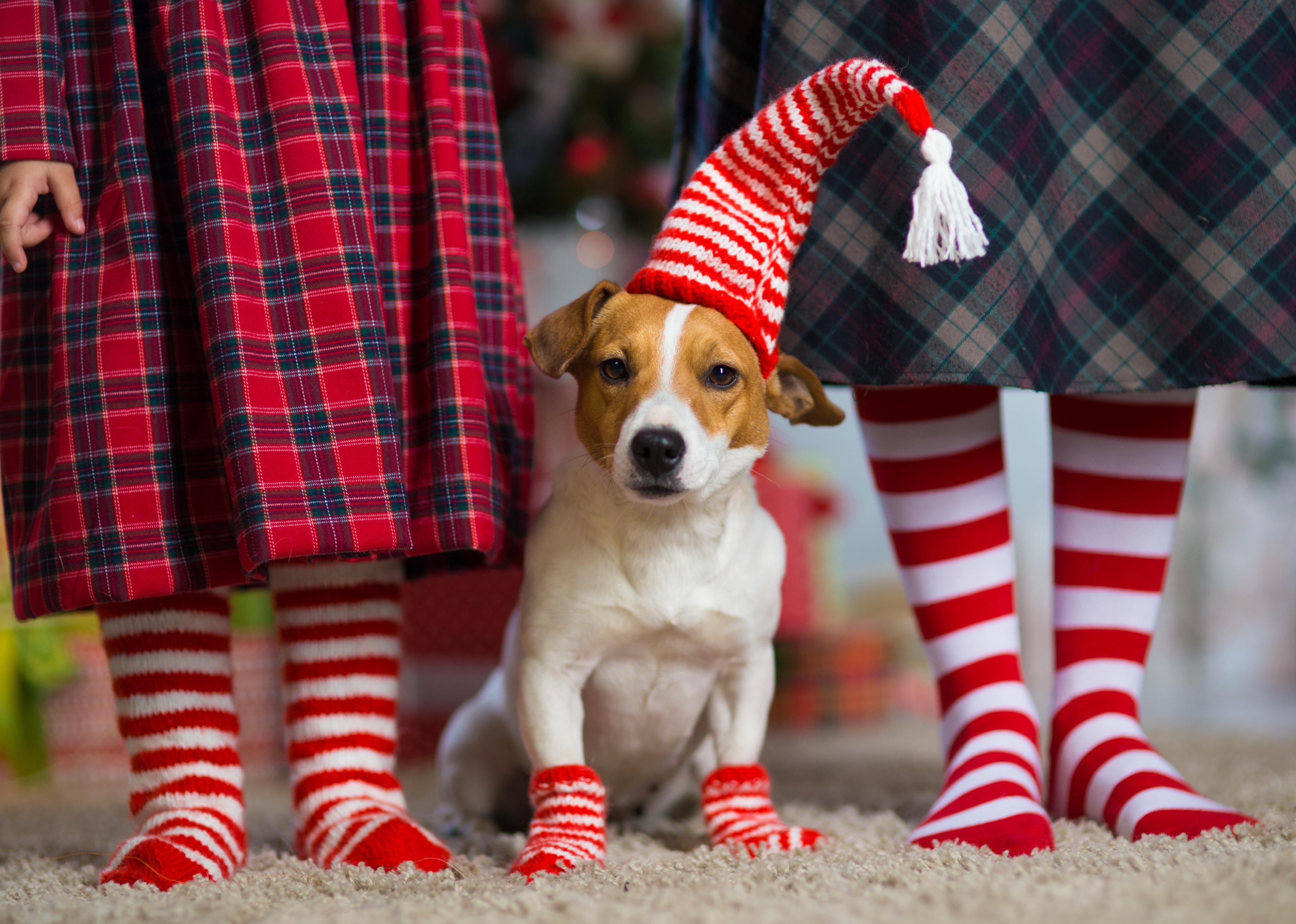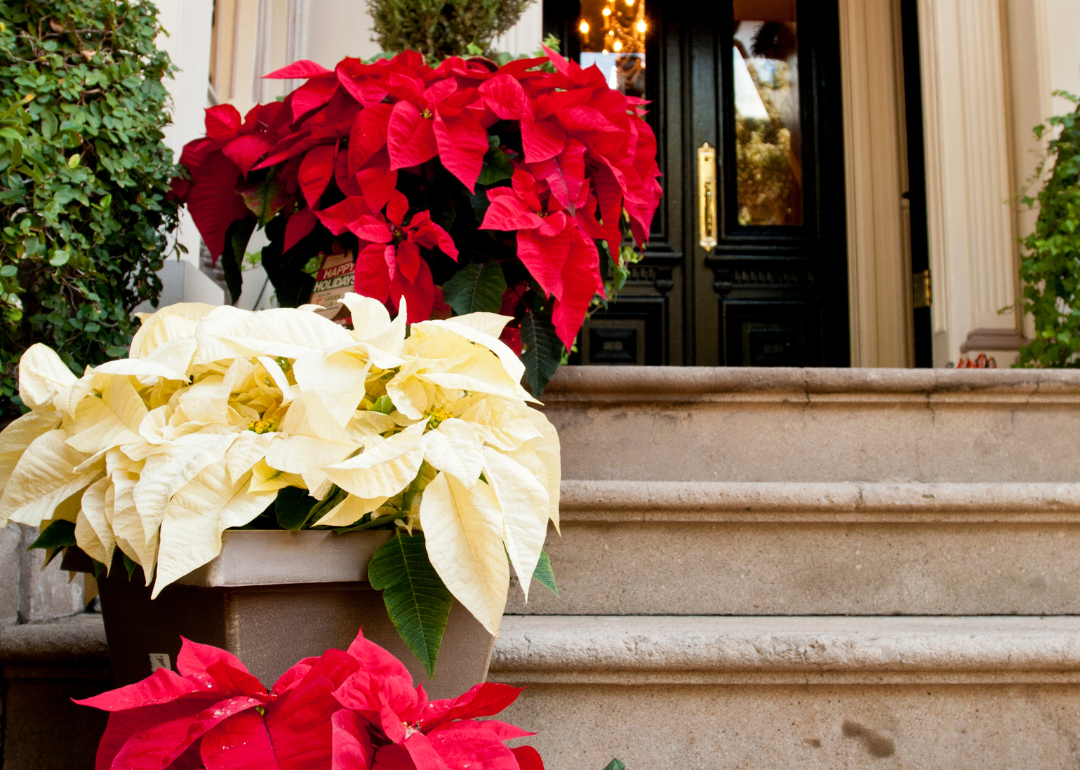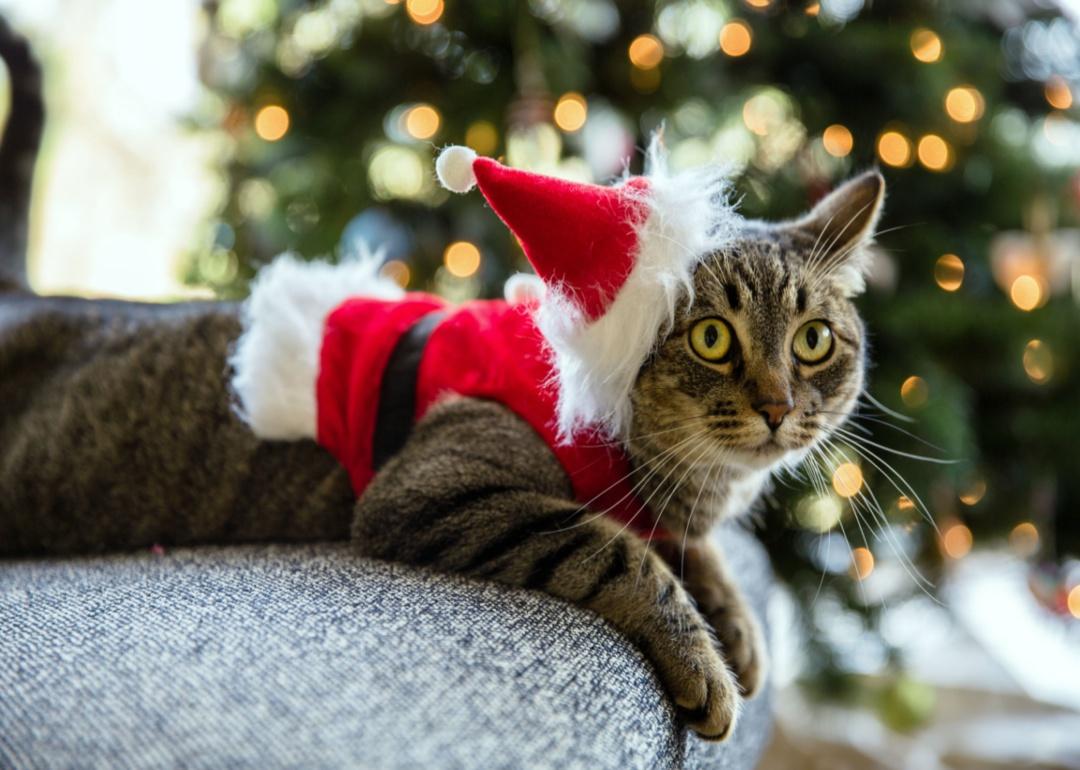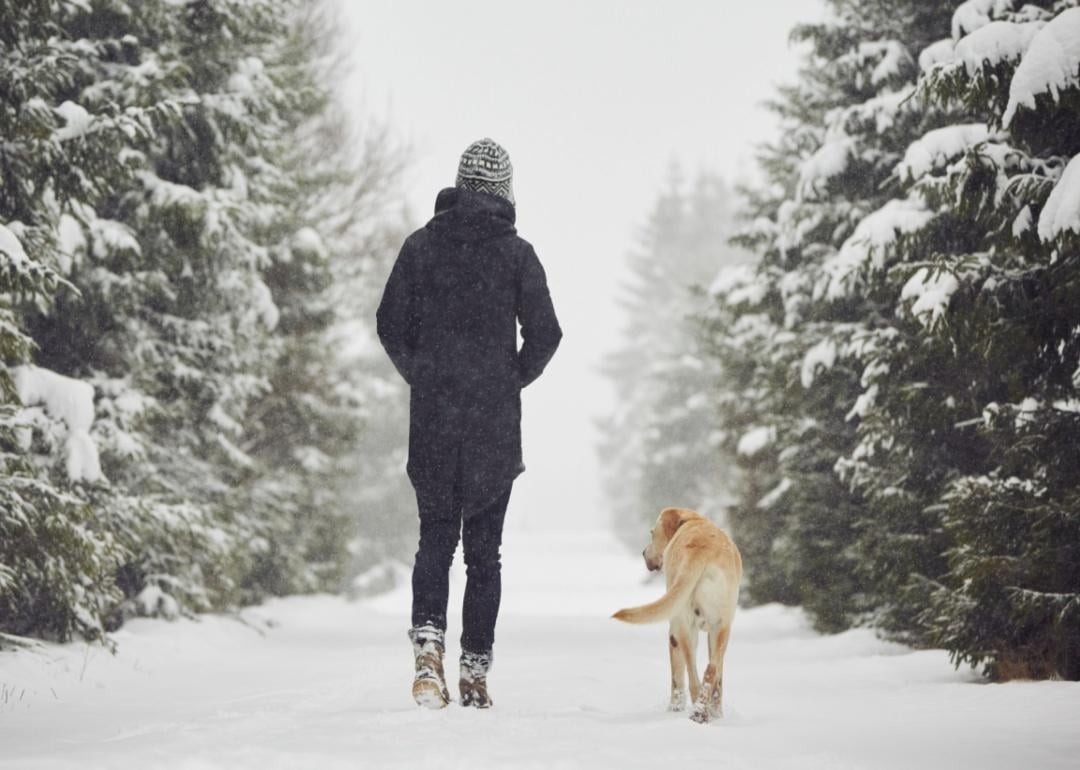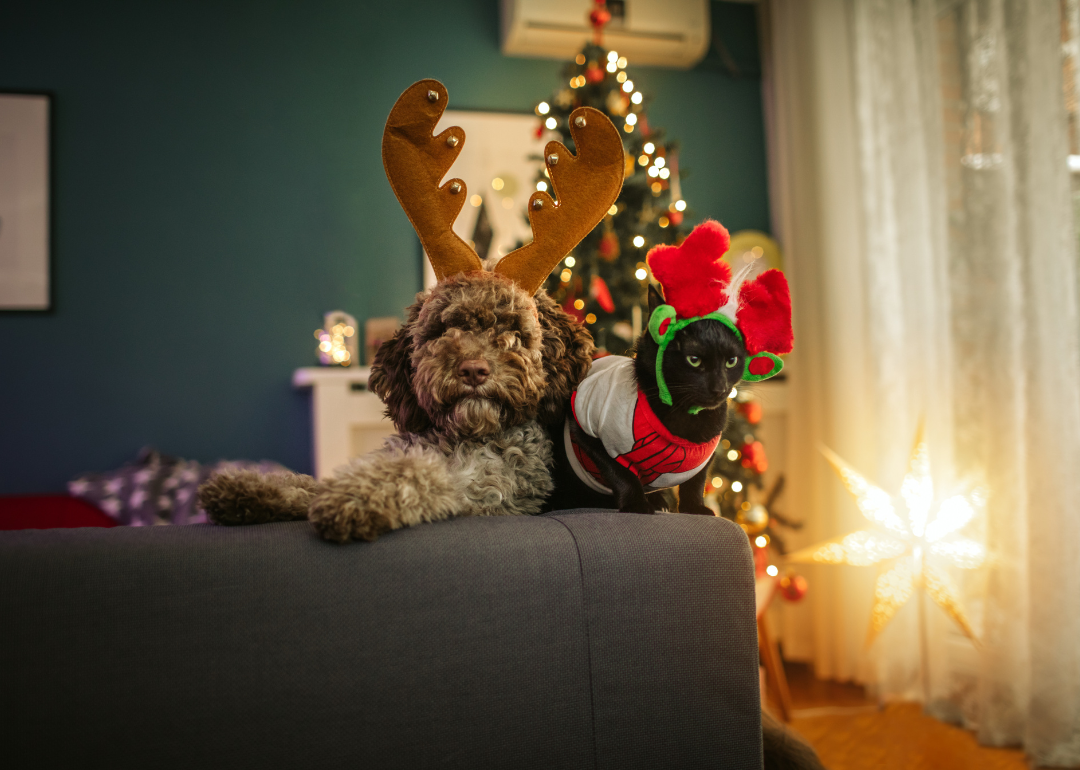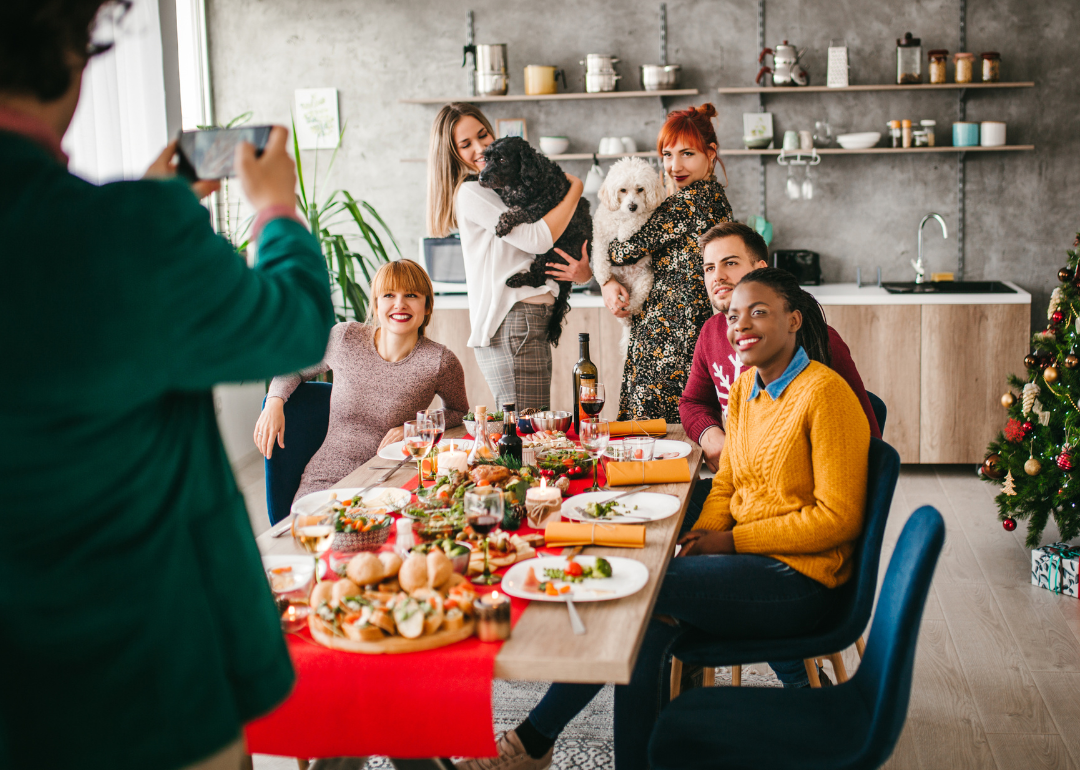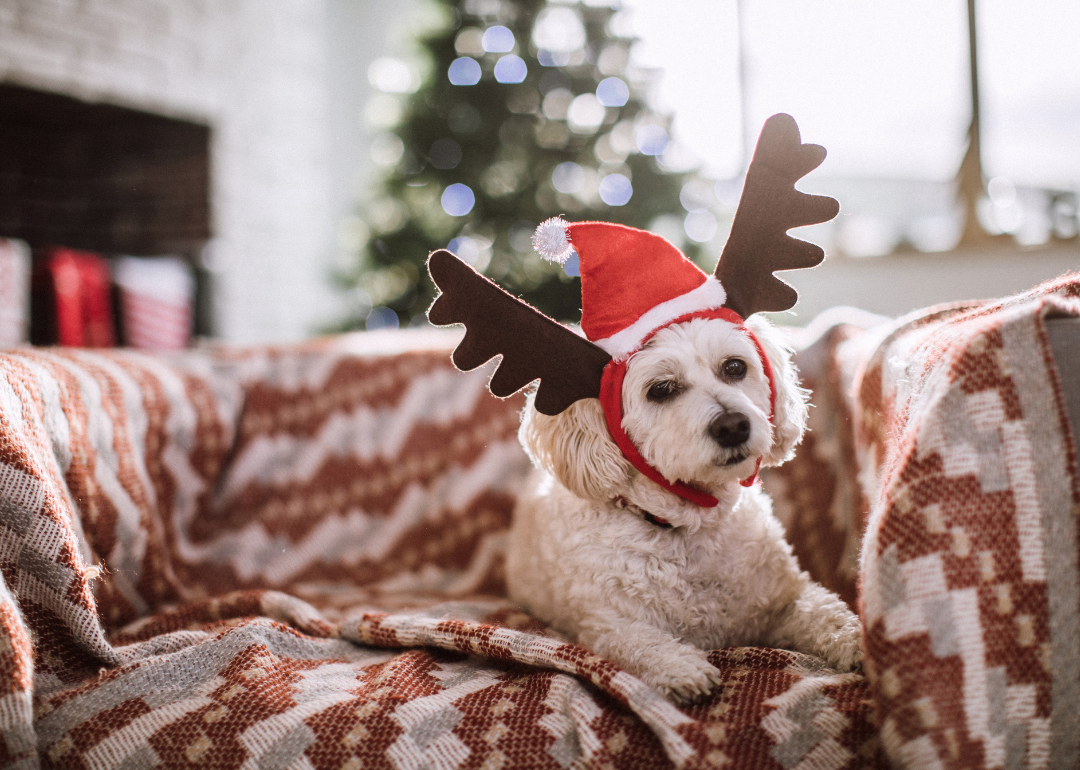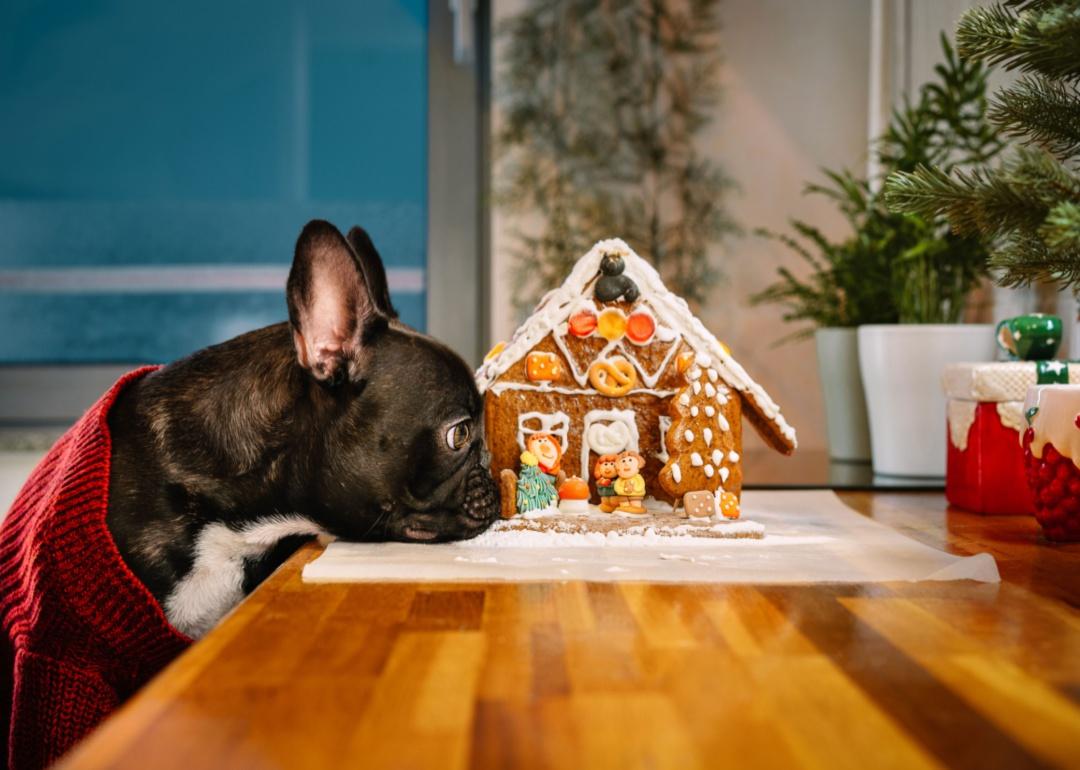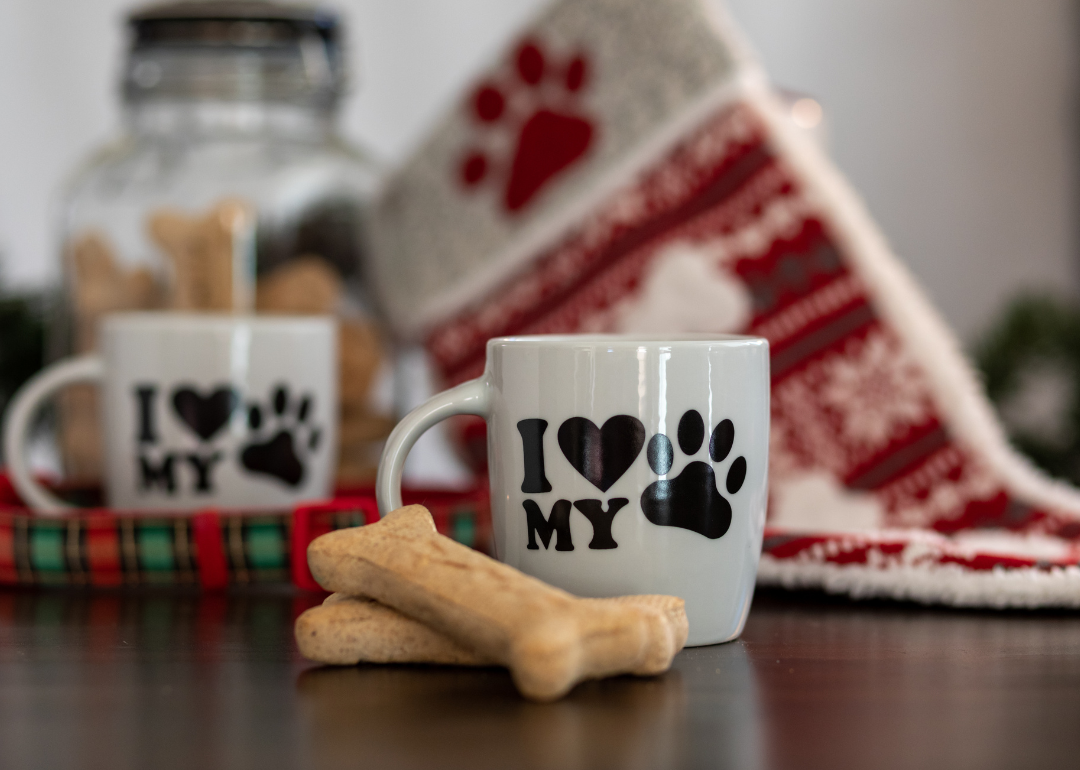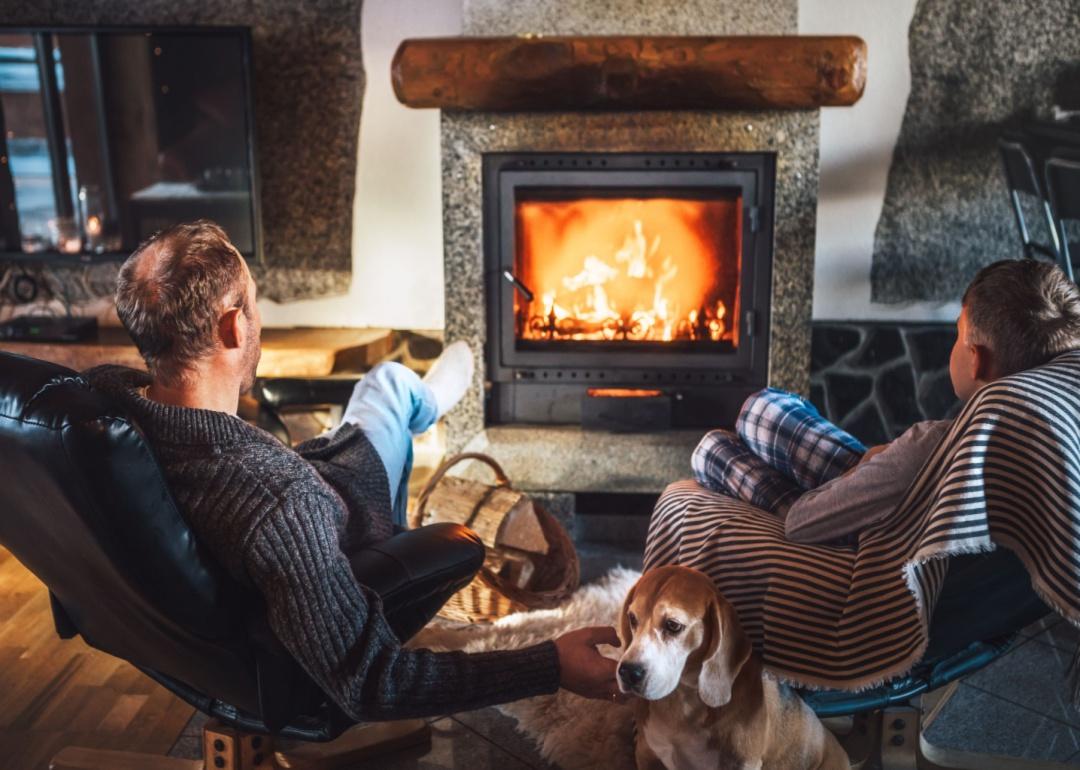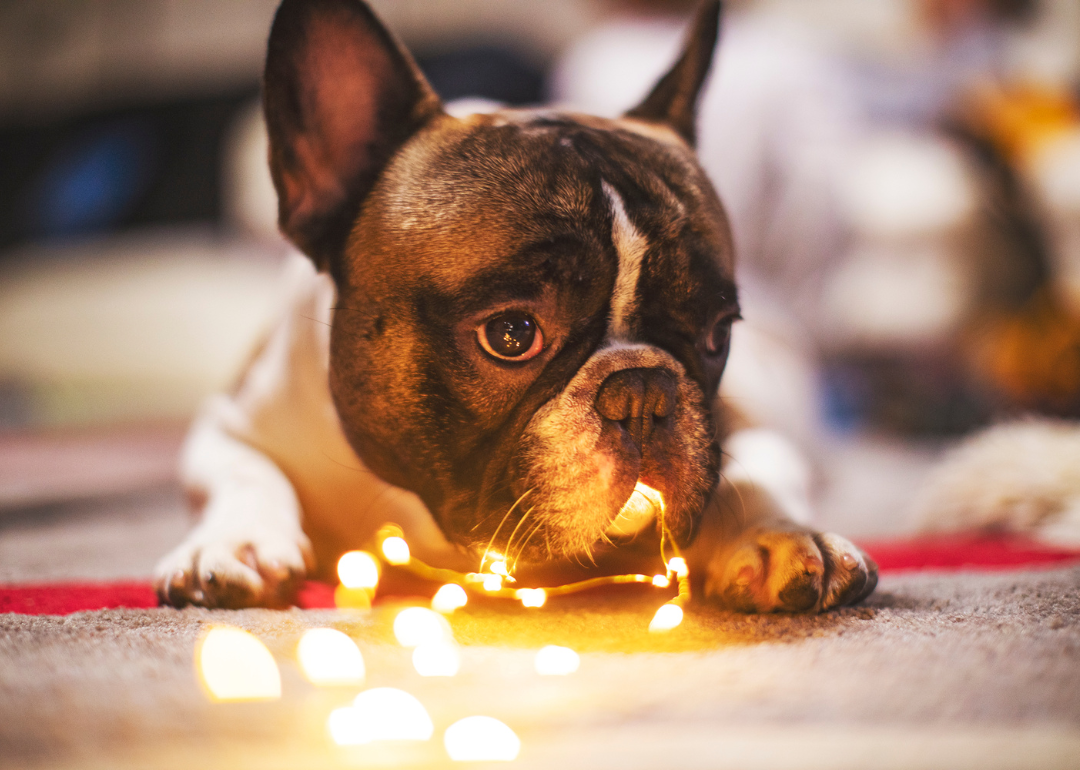- January 1, 2023
- No Comment
- 9 minutes read
How to ensure your pet has a happy and healthy holiday season – liherald.com

Sunday, January 1, 2023
Complete forecast
The holidays are on their way, which means gatherings, mountains of food, and other joyful things you’ve been waiting for all year. It’s a temporary yet merry shift in the schedule that your pets will no doubt sense. The extra people in the house might unsettle them, and they may wonder why their family is acting a little jollier than usual. You’ll also want to be mindful of several holiday hazards around the house.
Wag! compiled a list of 10 ways to ensure your pet has a happy and healthy holiday season, using sources such as the Cornell University College of Veterinary Medicine and the American Veterinary Medical Association, so your furry friend can stay safe.
Filling your home with new scents and foreign objects will no doubt be tantalizing for your hungry and curious pet. Cats will tend to treat tinsel like a new plaything. If they ingest any, there’s a chance it’ll get stuck in their intestine, which would likely require surgery. Seasonal plants can also be dangerous for both cats and dogs. Lilies are poisonous to cats, and traditional holiday plants, including poinsettia, holly, and mistletoe, are poisonous to dogs—keep them out of sight and reach.
Don’t leave yourself panicked and helpless if an emergency happens during a holiday. Check your vet’s opening hours ahead of time. If you’re going elsewhere for the holidays, check local vet services and whether they offer 24/7 emergency visits over the holiday period. You might also consider keeping your vet’s details—their address, phone number, and name—somewhere handy like a refrigerator door, so that you and your guests can quickly find it.
We can feel pretty off-kilter when our routines are interrupted, which can be especially true for pets. By now, they will have gotten used to their food, rest, and walk schedule. While the holidays might threaten to delay those points in their day, it’s essential to try your best to stick to them nonetheless. It might be helpful to keep a checklist of all the things your pet needs throughout the day on the fridge, so you don’t keep them waiting while you’re busy with other tasks.
If you know you’ll be leaving pets alone for long stretches of time as you hit your holiday social events, consider planning activities with their routines in mind, like arranging doggie play dates, dog walking, or having friends come by for pet-sitting when you’re busy.
Many factors could disturb our pet’s psychological state during the holidays: unexpected noises from guests, music, fireworks outside, and a general change in their surroundings and their family’s behavior. Give your pet something to focus on instead. Treats will surely never go amiss, and an interactive puzzle game could also be a great, time-consuming distraction. Reassure them, pet them, and keep them feeling loved rather than neglected.
Whether your pet is timid or social, it’s important to remember how some extra company might overstimulate your pet or add to their anxiety. If your pet’s on the shyer side, organize a quiet, private place for them—and tell your guests not to disturb them when they’re in the space. It would also be wise to make sure they get exercise before guests arrive so they’ll feel more inclined to rest and relax when company calls.
Whether you want to keep them extra warm or simply outfit your pet with some festive dazzle, consider your pet’s comfort first and foremost. Don’t push it if they’re not responding well to that reindeer outfit. Look out for signs of stress and irritation. If they try to remove the outfit, let them. If they seem calm, keep the apparel on, but take it off if you leave them unsupervised.
Many holiday foods are harmful to animals, including fatty foods and even raisins, but chocolate always tops the list. As a general rule, the darker the chocolate, the more toxic it is to animals. Always be mindful of your chocolates and other candies, and keep them well-hidden and in a spot your pets can’t reach.
It’s tough to resist those pleading under-the-table eyes, but instead of feeding your pet scraps from your plate, give them something you’ve purchased or prepared ahead of time—something you know won’t be harmful to them. There are many festive treats for dogs and cats on the market. Baking your pet treats is an excellent way to avert those pleading eyes and make you feel extra bonded to your pet during this festive period.
For so many pets, trash is a treasure. For you, it could be a potential nightmare. A common complaint vets hear over the festive period is that a pet got into the trash. Over the holidays, your trash is full of things that may harm your pets, including discarded turkey, fatty food scraps, and candy wrappers. Always take the trash out immediately, so your furry friend doesn’t have a chance to get into it, and don’t leave your trash receptacle uncovered.
Don’t leave cables unattended and haphazardly running around the house. Even if your pet hasn’t tangled with electrical items before, they’ll likely be curious about new things. That includes all of those recently purchased holiday decorations. If a pet chews through a cord, it could burn their mouth or even start a fire. Unplug all cables before you go to bed, and never leave a pet unattended in a room full of plugged-in electric decorations.
This story originally appeared on Wag Labs, Inc. and was produced and distributed in partnership with Stacker Studio.



